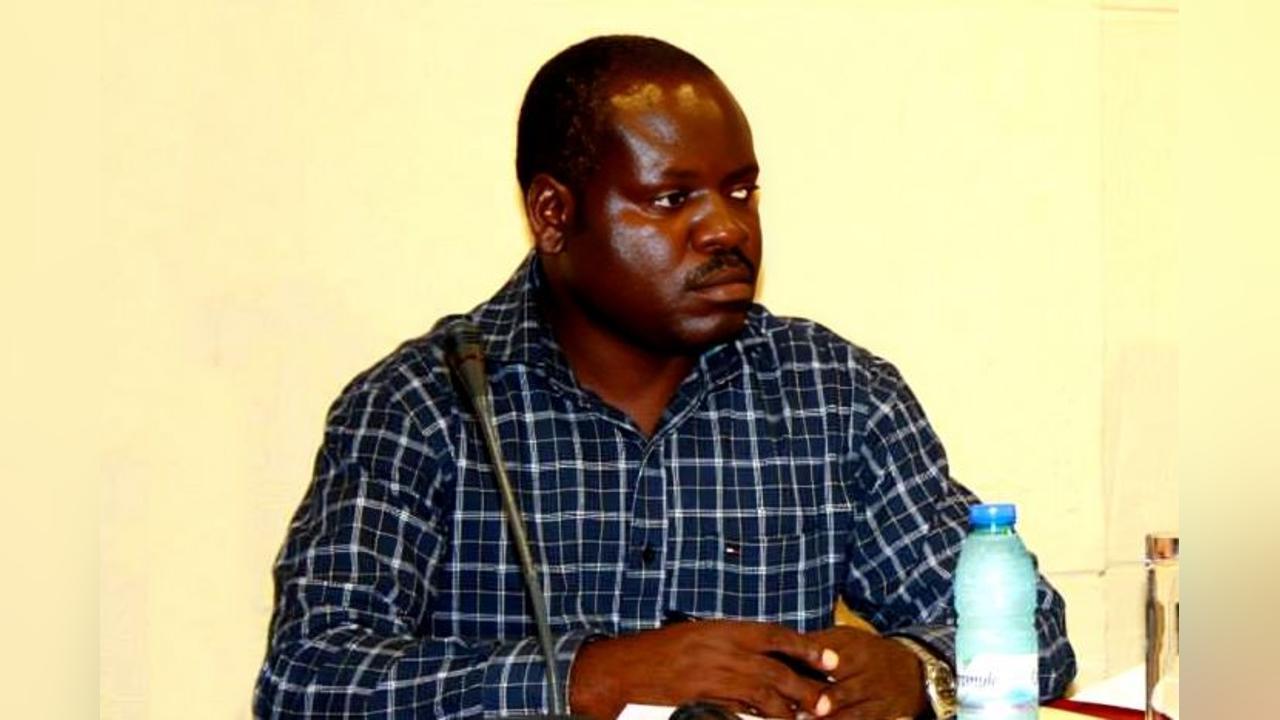Por Rafael Morais
Africa-Press – Angola. In recent weeks, social media has been flooded with images and videos that no heart should ever have to bear. Some families from the municipality of Quiçama, displaced as part of the Muxima redevelopment project, have been left to fend for themselves in vacant lots, surrounded only by wind and the cold of the early mornings.
Among them, a 60-year-old veteran, a man who witnessed the dawn of independence, fought in Cuando Cubango, and believed in the promise of a country for all, weeps at the humiliation of being called “provincial” by the municipal administrator himself.
There are symbols that wound more than words. When public authorities label a citizen with decades of life in a community as “provincial,” it is not just an administrative error, it is an erasure of history, a blow to the dignity and identity of those who helped build the country.
The Muxima redevelopment is presented as a project of faith, tourism, and modernity. But what kind of faith is this that erects walls and destroys homes? What kind of modernity is this that begins by displacing the poor and ends by ignoring them? The families of Quiçama are not opposed to progress; what they demand is humanity.So, what exactly is the role of the State? Building roads, bridges, and hotels is important. But no development project can be called progress if it leaves children sleeping in the rain, wind, and cold. The State must be the first to set an example of respect for human dignity, not the agent of suffering for the most vulnerable.
When designing a redevelopment project, it is imperative to simultaneously map the social landscape of the people it will affect. It is necessary to foresee habitable conditions, fair compensation, social and psychological support, and, above all, dialogue with the communities. No redevelopment can be carried out in the silence and pain of families.
1. It is not innate.
We are in the rainy season. Seeing children sleeping on mud, mothers covering them with soaked cloths, and elderly people sitting on logs, staring into the void, is a scene that should shame any nation that claims to be committed to human rights.
Angola’s Constitution is clear: the State exists to serve the human person, to guarantee the right to housing, dignity, and protection. But what we see in the images from Quiçama is the opposite: a State that seems to have forgotten its duty and a people who continue to pay the price of indifference.
Muxima has always been a symbol of faith and hope. Thousands of pilgrims find spiritual comfort there, asking for miracles and solutions to their anguish. But now, ironically, it is on the banks of Muxima itself that many cry out for a miracle of justice and humanity.
Development cannot be a dumping ground. Faith cannot coexist with injustice. And progress cannot be measured only in concrete and asphalt, but in respect, empathy, and dignity.
It is time for the Government to step down from promises and tread the earth where those who have been left behind live. It is time to rehabilitate, yes, but also to rehumanize. Because a country that allows its people to sleep in the rain in the name of progress is, in fact, building ruins instead of a future.
For More News And Analysis About Angola Follow Africa-Press






